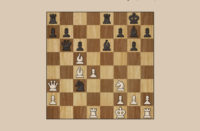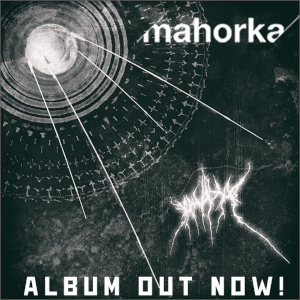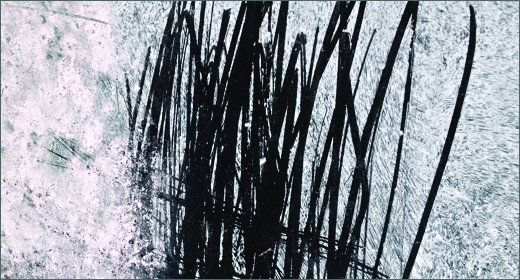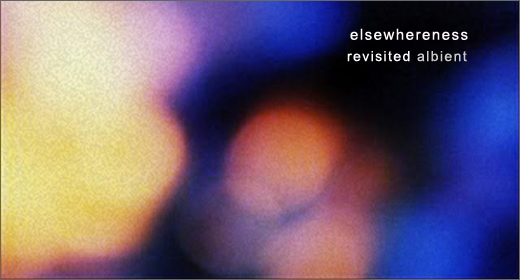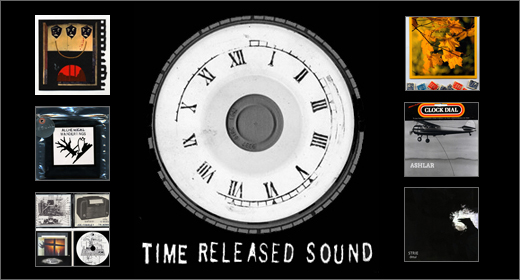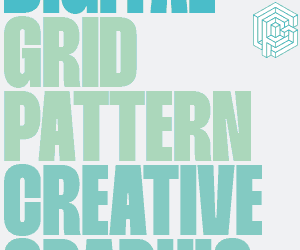Overall, Crossings sees Chalmers depart from a somewhat unkempt bruitism characterizing other releases towards a more finished melodically-inclined model—a balance of timbres, particulate and nebulous, sullen and sultry.
 Crossings is Gloucestershire tape manipulator and electronics improviser Stuart Chalmers‘ first for prolific experimental ambient imprint Somehow (last seen by this writer in the context of a profile of its now dormant sublabel, Twisted Tree Line). Active since 2010, also operating under aliases tusK and skarabee, Chalmers comes trailing a number of previous obscure objects from unfamiliar realms (cf. Zamzam, Stomoxine, and fbox), as well as being part of the Oxford and Cheltenham Improvisers collectives.
Crossings is Gloucestershire tape manipulator and electronics improviser Stuart Chalmers‘ first for prolific experimental ambient imprint Somehow (last seen by this writer in the context of a profile of its now dormant sublabel, Twisted Tree Line). Active since 2010, also operating under aliases tusK and skarabee, Chalmers comes trailing a number of previous obscure objects from unfamiliar realms (cf. Zamzam, Stomoxine, and fbox), as well as being part of the Oxford and Cheltenham Improvisers collectives.
Trafficking in tapes, pedals, contact mic, synths and percussion, Chalmers professes inspiration from turntablists Martin Tétreault and Philip Jeck, as well as other-directed spirits like Lionel Marchetti, Eivind Aarset and Andrei Tarkovsky. Though this may suggest a certain avant abstraction, with collage the main means of expression for its six pieces, proceedings initially spool out in easy-flowing waves. “Reverie” taps into a more concrète world, sustained in subsequent pieces. The tracks loop seamlessly despite their diverse esoteric disposition, inhabited by a plunderphonic spirit (cf. the found voice abuse in “Amalgam”). “Nocturne,” with its tape crackle-coated pianoid note-clusters pervaded with low-end hum, is a soundtrack for after-dark isolationism. The seemingly decadent gestures of its closing strings are deceptive, freighted with a doleful nostalgia, kindred to the etiolated orchestral grabs of L. Pierre (cf. The Island Come True) or the queasy archivism of The Caretaker.
Overall, Crossings sees Chalmers depart from a somewhat unkempt bruitism characterizing other releases towards a more finished melodically-inclined model—a balance of timbres, particulate and nebulous, sullen and sultry. That said, its hazy opaque materials are rendered with a kind of perceptual gauze/glaze that endows them with a fuzzy lo-fi overlay. An acousmatic flow glides viscidly over its surfaces, the listener subject as if to some benign experimenter toying with mild cognitive-auditory tampering, though Chalmers’ methodology seems not so much Scientist as Dice Man—call it ‘aleatory.’ Tapping into a liminal vein, Chalmers’ occluded soundscapes form suggestive affordance structures at the margins of imagination.
Crossings is available on Somehow.








